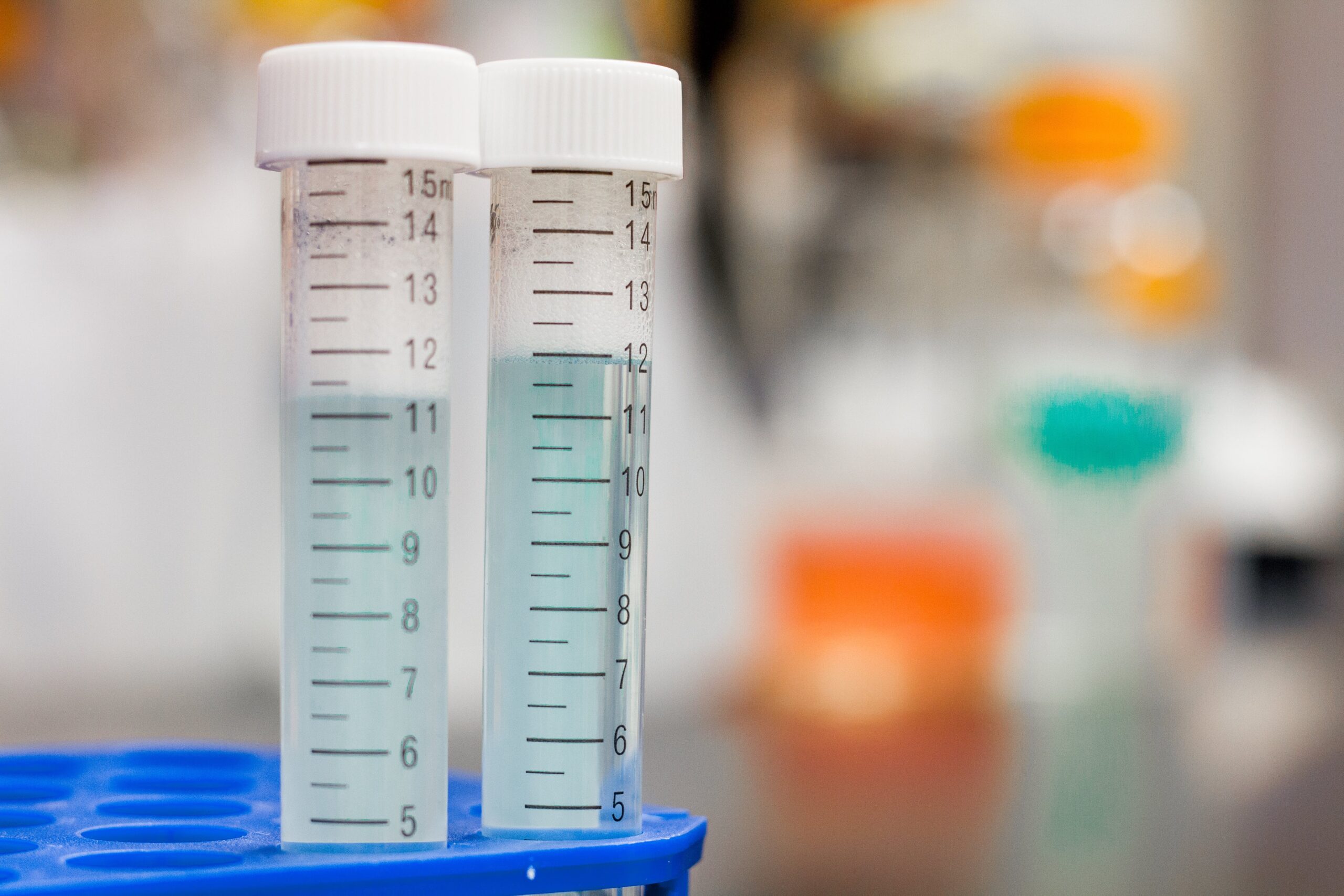-
2551 San Ramon Valley Blvd, Suite 112 San Ramon, CA 94583
- 925.830.4631
- 925.830.0125

Understanding Adrenal Dysfunction: Signs, Symptoms, and The Importance of Testing
Diagnosing and treating disorders such as Adrenal Dysfunction early can help prevent serious complications. Since these glands control hormones important to many of the body’s functions, untreated disorders can have life-threatening consequences. Additionally, testing can provide a clear path for treatment and management of these conditions.
What is Adrenal Dysfunction?
Adrenal dysfunction, also known as adrenal gland disorder, is due to the abnormal functioning of adrenal glands, small triangular glands located just above each kidney. These glands produce key hormones such as cortisol, adrenaline, and aldosterone which are necessary for balanced metabolism, blood pressure, immune system, and stress response. Dysfunction happens when these glands either overproduce or underproduce these hormones, leading to a series of health consequences.
Common Symptoms of Adrenal Dysfunction
Two familiar disorders associated with adrenal dysfunction are Addison’s disease (insufficient production of cortisol and/or aldosterone) and Cushing’s syndrome (overproduction of cortisol). Symptoms of Addison’s disease include chronic fatigue, muscle weakness, weight loss, and low blood pressure. Cushing’s syndrome may present symptoms like upper body obesity (while arms and legs stay thinner), constant fatigue, high blood pressure, and easily bruised skin.
Another tell-tale sign that there might be an adrenal issue involves hormonal imbalance, which could result in too much potassium (hyperkalemia) or not enough sodium (hyponatremia) in the blood.
However, many of these symptoms can easily be mistaken for other conditions, making it essential to get tested for a proper diagnosis.
Testing for Adrenal Dysfunction
To test for adrenal dysfunction, click this link to order your blood or contact our pharmacy for the saliva test. A detailed diagnosis will require a medical doctor, as only they can prescribe the necessary tests to identify the precise deficiency in your adrenal hormone levels. Want to know more about the saliva test you can read about it here.
Endocrinologists, specialists in hormones and diseases of the endocrine system, are another valuable resource in diagnosing and treating adrenal dysfunction.
Treating Adrenal Dysfunction
Depending on the specifics of the disorder, treatments for adrenal dysfunctions vary. Some conditions may require medications to regulate hormone levels, while others involving tumors might necessitate surgery or radiation.
Secondary adrenal insufficiency, which occurs due to a lack of adrenocorticotropin (ACTH), is often treated with glucocorticoids. This form of treatment may involve a regulated intake and tapering down of the medication to prevent sudden hormonal imbalances that could lead to complications.
While adrenal disorders are manageable, stringent attention must be paid to one’s health if symptoms occur. Your adrenal glands keep your body functioning optimally, and any disorder should be addressed immediately and thoroughly. Remember, testing for adrenal dysfunction is crucial – and can potentially be life-saving! When it comes to your health, always be proactive.

